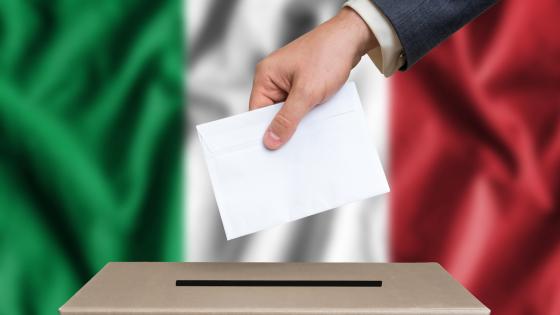DP15686 Mobilization and the Strategy of Populism Theory and Evidence from the United States
We propose a theory of strategic adoption of populism in electoral campaigns,
in which a populist campaign attracts disillusioned voters but demobilizes core
partisans. Under these conditions, populism is more tempting for outsider candidates
in districts with low political trust or high economic insecurity, and where
the race is close. We test the theory on the 2016 presidential election and the 2018
and 2020 House elections. We apply automated text analysis to campaign speeches
and websites, and construct a continuous index of populism in campaign documents.
We provide supportive evidence in favour of the mobilisation effects of
populism, and show that outsider candidates, in competitive races, resort to more
populism in response to higher economic insecurity. Drawing connections between
theories of electoral mobilization and populism, this paper shows that the
interaction of economic and political conditions is key to understand where politicians
are more likely to ride on popular discontent.


